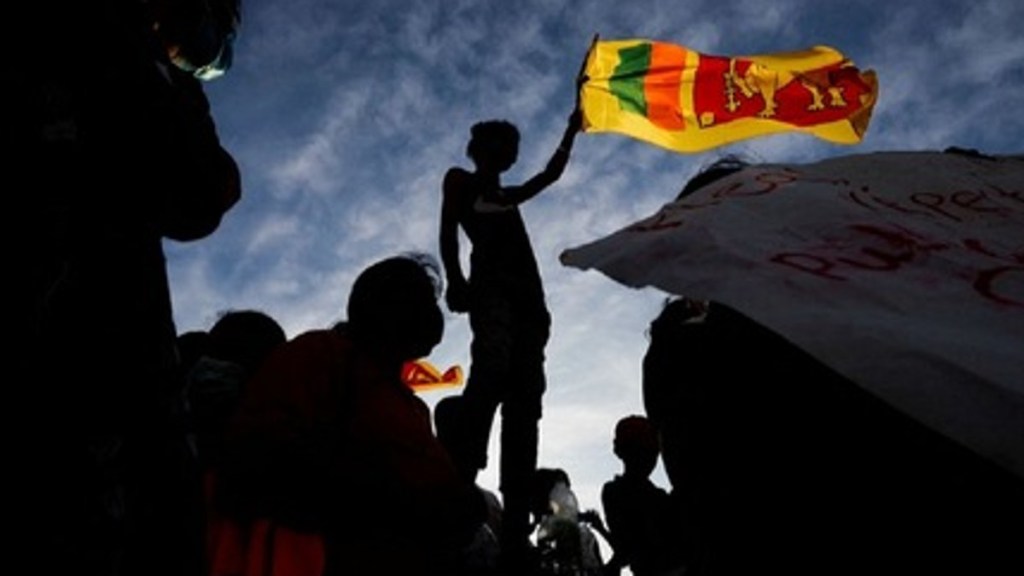There is a regime change in Sri Lanka that has propelled Anura Kumara Dissanayake, a Marxist leader of the Janatha Vimukhti Peramuna (JVP)-led National People’s Power coalition, to the presidency of the island nation. As an anti-establishment candidate, he secured the highest office as Sri Lankans reposed faith in his pledge to fight corruption and bolster a fragile economy following the worst economic crisis that caused tremendous deprivation among the citizenry. Although he is a hardline leftist, whose JVP party has had an earlier record of insurrection, Dissanayake also has valuable experience of being in government. He has been a member of parliament since 2000 and briefly served as agriculture, livestock, land, and irrigation minister in 2004 and even contested as a presidential candidate in 2019, losing out to Gotabaya Rajapaksa. The JVP played a huge role in the protest movement in 2022 that unseated the government, leading to the appointment of Ranil Wickremesinghe with the support of the Rajapaksas. Dissanayake’s ascendancy reflects the citizenry’s desire for change from the political elites.
Dissanayake’s topmost priority will no doubt be to bolster the fragile economic recovery of the island nation and renegotiate the conditions of the International Monetary Fund’s $2.9-billion bailout package. The good news is that real GDP has posted three consecutive quarters of expansion, accelerating to 5.3% year-on-year in the first quarter of 2024. Inflation is coming down. Forex reserves are rising. But these improvements have not necessarily translated into better living conditions. Food insecurity is widespread. Poverty and inequality have worsened. The Fund’s conditions have strained household budgets. Although it has changed its earlier stance of prescribing one-size-fits-all conditions, it remains a bank at the end of the day that wants its loans serviced. Naturally, the Fund advocates balancing the budget through huge cuts in expenditures, higher taxes, and removing subsidies on energy prices. In Sri Lanka, for instance, last year’s electricity tariff hike threw a million families off the grid as they could not afford their bills. Dissanayake, therefore, is bound to renegotiate the loan package so that it does not unduly burden household budgets.
From India’s point of view, regime changes in the neighbourhood do present serious challenges but it has not been blindsided by what has happened in Sri Lanka. Due to his rising popularity during the nationwide 2022 protest movement, Dissanayake was invited to India in February during which he met the external affairs minister and national security advisor. They discussed the bilateral relationship and mutual benefits from its further deepening. Although in the heat and dust of the presidential campaign Dissanayake said that he would scrap the Adani wind power project, during his visit to Delhi he is also learnt to have expressed concern over corruption in some of the Chinese flagship projects in Sri Lanka.
Although he may be ideologically inclined to China, he will be pragmatically mindful of India’s strategic interests as well. India, for its part, must be respectful of the desire of neighbours to seek more strategic autonomy in their bilateral relationship and closely engage with these new regimes on the basis of mutual interests and reciprocal sensitivity. Sri Lanka was a major beneficiary of our timely aid and assistance when it passed through its economic crisis that led to a more favourable stance towards India vis-à-vis the dragon. The change of guard in the island nation is unlikely to change that reality.


